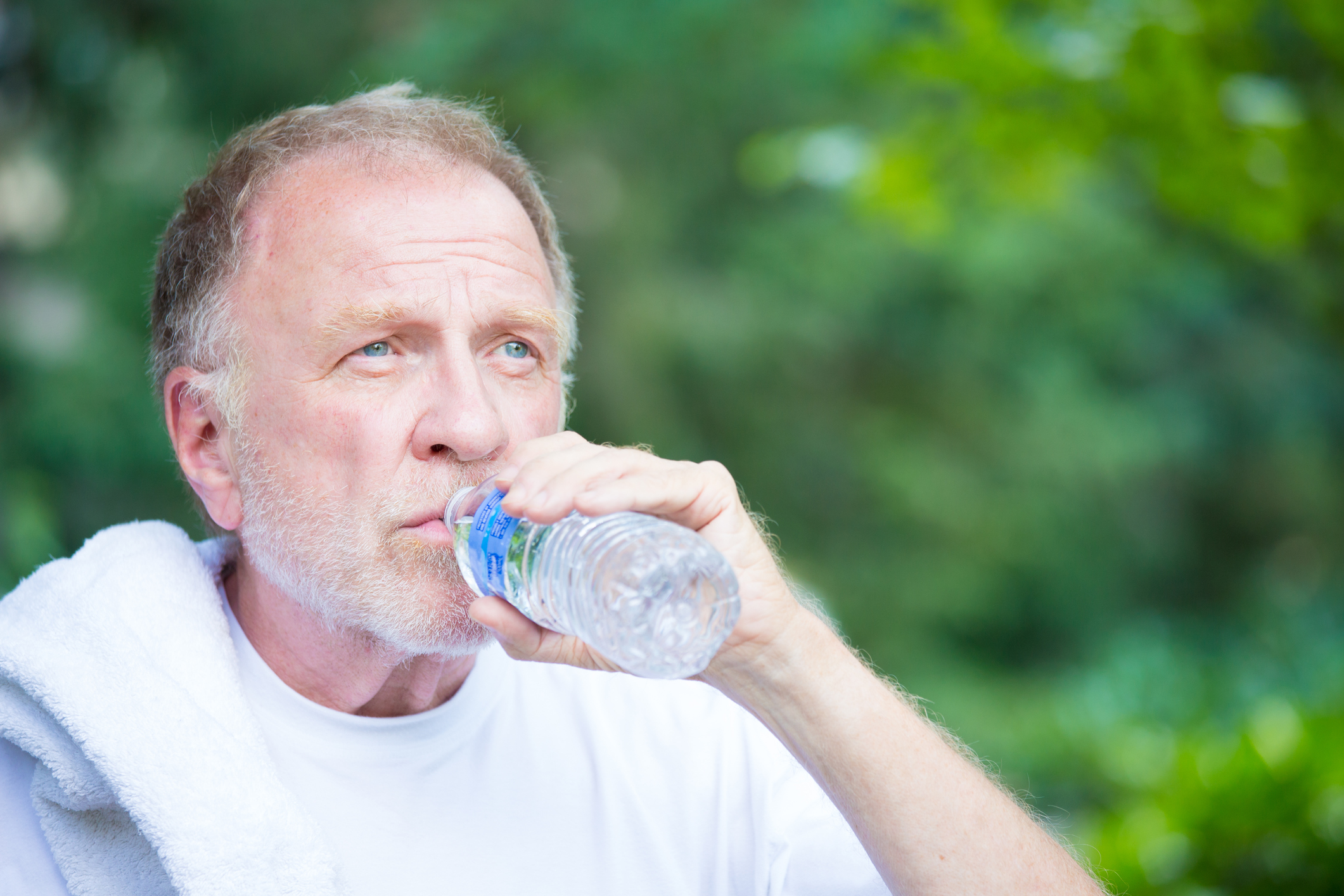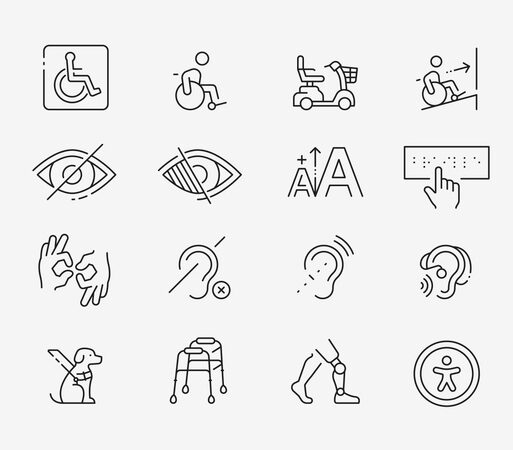Warmer weather is gradually making an appearance and with it comes a greater risk for dehydration. Dehydration is a common problem among the elderly and a lack of fluids in the body can lead to low blood pressure and an increased risk for falls.
Falls are the leading cause of injury and deaths among older Americans and according to The Centers for Disease Control and Prevention, in 2014 nearly 29 million seniors over the age of 65 experienced a fall causing injury and resulting in $31 billion in Medicare costs. Falls are also the most common cause of traumatic brain injury.
Older adults may experience a reduced sense of thirst and combined with medications (diuretics), too little salt in the diet or chronic health conditions such as diabetes, seniors may become dehydrated without noticing. Kidney function can also be decreased in older adults and they may be less able to conserve fluids. Dehydration can cause confusion, loss of balance and constipation which may not be immediately associated with a loss of water in the body. By drinking plenty of fluids throughout the day and eating foods high in water content such as strawberries and watermelon, seniors can prevent dehydration. Seniors may need to be reminded to drink regularly if they do not feel thirsty.
Falls that result in injury can also lead to a loss of independence for many older adults. The National Safety Council reports that more than 250,000 hip fractures occur each year and 95 per cent of those are as result of a fall. To successfully age in place, older adults and caregivers can take steps to help reduce the risk of falling and prevent injury among the rapidly growing senior population.
Seniors who experience a fall often do not report it to their doctor for fear of losing their independence. But it’s important to talk with your health care provider about any changes in gait, balance or recent falls to determine what may be causing the problem and make adjustments. Some medications can cause unsteadiness and there are a number of preventative measures older adults can take to help prevent falls.
Fall Prevention Tips
- Review medications (and supplements) regularly for side effects that may lead to falls
- Remove trip hazards around the home
- Keep hallways and paths well lit
- Have a regular annual eye exam
- Participate in regular activities that improve strength and balance like Tai Chi
- Consider wearing hip protectors to protect hips from potential injuries
To learn more about fall prevention among older adults visit the Nation Safety Council by following this link.







Add Your Voice
0 Comments
Join the Discussion